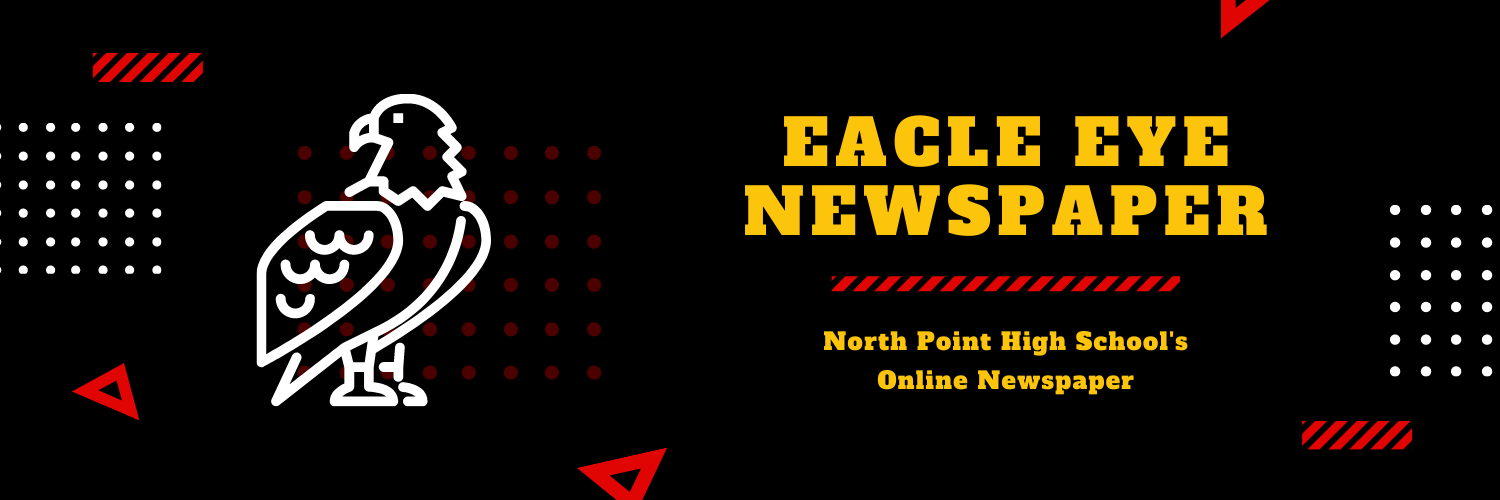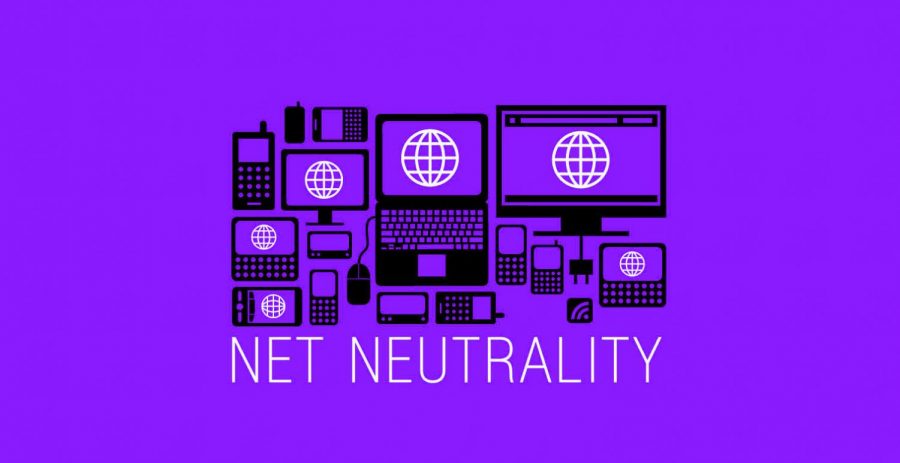The Battle For The Net Is Not Over Yet
This is not a drill; as of December 14, 2017, the FCC repealed Net neutrality in a 3 to 2 vote. Do you enjoy your streaming services like Netflix and Hulu, watching the occasional YouTube video and communicating on social media? If so, then be prepared for some changes in the foreseeable future.
For those who don’t know, Net Neutrality is the principle that Internet service providers must treat all data on the Internet the same, and not discriminate or charge differently by user, content, website, platform, application, type of attached equipment, or method of communication. For instance, under these principles, internet service providers are unable to intentionally block, slow down or charge money for specific websites and online content. When you go online you have certain expectations. You expect to be connected to whatever website you want. You expect that your cable or phone company isn’t messing with the data and is connecting you to all websites, applications and content you choose. You expect to be in control of your internet experience. A principle of the internet is that you’re free to do as you please, which is the concept of Net Neutrality.

A former Verizon lawyer and a Trump appointee, now the FCC’s (Federal Communications Commission) Republican majority approved Chairman, Ajit Pai, plans to remove the Net Neutrality protections. Pai voted to repeal regulation passed in 2015 during the Obama-era that prevented broadband companies from blocking or slowing access to websites or services. The rules also prohibited broadband companies from offering paid-priority services that could lead to internet “fast lanes.” There has been very heavy criticism from Pai’s ruling, describing how it may weaken and possibly disable free speech. Pai refutes this, saying, “The internet as we know it is not ending. Americans will still be able to access sites they want to visit and services they want to use. There will still be cops on the [internet] beat the way things were prior to 2015.” Senior Kierstyn White commented, ” I think that Pai’s ruling is absolutely ridiculous. We shouldn’t have to be charged for internet usage because it’s practically become a necessity in this day and age. I for one hope that the FCC vote will be disbanded.”
The effects of the repeal will not be immediate as the new order adopted by the FCC has not been published in the Federal Register, which is likely to happen early this year. Even then, it will slowly change their services and implement new business models, however not everything is set in stone. Fifty senators have endorsed a legislative measure to override the Federal Communications Commission’s recent decision to deregulate the broadband industry. The measure has the support of all 49 Democratic senators as well as one Republican, Sen. Susan Collins of Maine. As of now, the tally leaves supporters just one Republican vote shy of the 51 required to pass a Senate resolution of disapproval, in a legislative gambit aimed at restoring the agency’s net neutrality rules. Net Neutrality isn’t dead, but it is dying, and there’s a way for it to be fixed.



